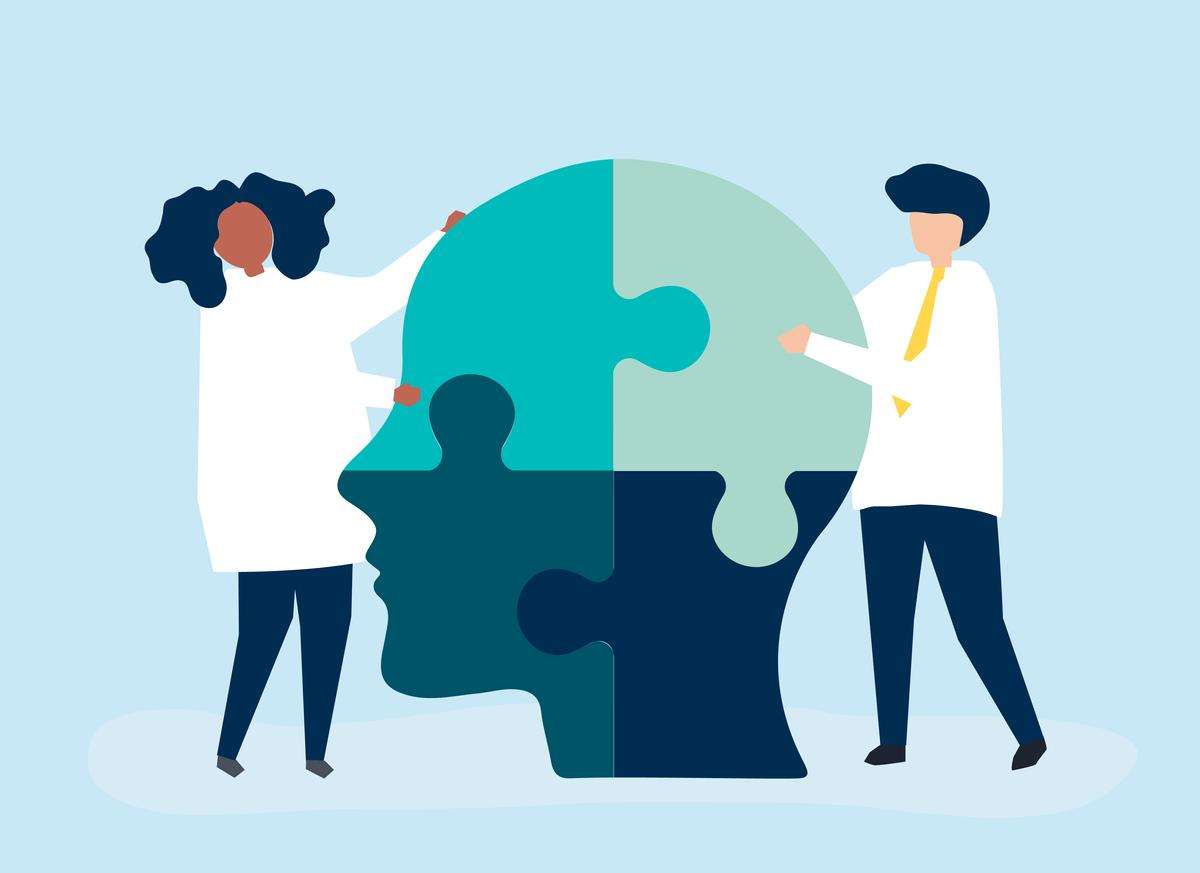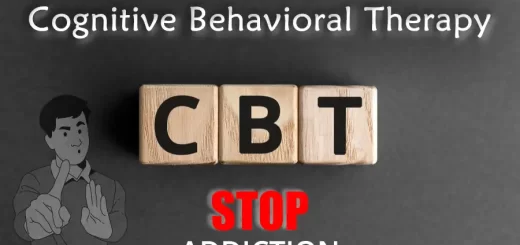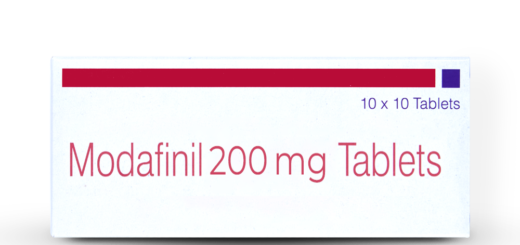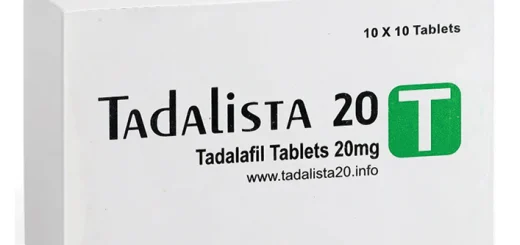Daily tips to improve mental health: 2023

Read this blog for daily tips on how to enhance your mental health. Every year, as we progress, it feels like our mental health has a downfall. Be it family tensions, career tensions, health issues, or social circumstances. After the chaos of 2020 and 2021, this year may not have been the peaceful respite you had hoped for. Natural disasters and unsettling shortages added to the public’s unease, while the spread of new diseases fueled the fire of the pandemic. On the other hand, 2022 was a year of education and exploration.
We learned new methods to handle pressure and strengthen our minds. But we were also exposed to further problems, challenges, and issues. And very little was known to us as to how to deal with those. Self-awareness is crucial to maintaining a positive mental state. Your mental health is the environment in which you are able to function normally and maintain a sense of equilibrium in your daily life.
The ability to identify the factors that contribute to our emotional, psychological, and social well-being is crucial to our overall functioning. Since the effects of one’s life experiences and identity on one’s mental health will vary from person to person, it’s important to take time for introspection, recognition, and action. Everything we do has an impact on us mentally. When we are suffering, the world seems black or white, but for others, it is colorful.
Possible warning signs Include
There are some signs you should look for in yourself when you feel like you are not your best self.
Lack of involvement in inspiration
Daily life, work, school, and even play may all become sources of distraction or a lack of inspiration.
Feeling down
Sadness, sorrow, or despondency can come over us unexpectedly, and our emotions can be erratic and changeable.
Immense pressure
Sometimes the things going on in our lives, the responsibilities we have, or the experiences we’re having might make us feel helpless and unable to cope.
Weakness and exhaustion
When we are experiencing mental health issues, one of the first things to suffer is our energy levels. As a result, we may feel fatigued and listless.

Irritability
Not only can poor mental health sap our energy, but it can also make us snappish and short-fused.
Once we know the signs, we can definitely make room for improvement. Caring for your mental health on purpose can help you feel less anxious and more confident in yourself and your relationships. We all take part in the ritual of making resolutions for the next year. Our number one goal for the coming year should be to enhance psychological well-being. Get off to a good start in the new year by adopting these simple habits. Modifying some of your daily habits can have a significant impact on your mental health.
You cannot decide where our best interest lies. For some of us, a particular technique may work, but it may not work for you. So, trial and error is the best way to find out what is beneficial for you.
Consult your healthcare provider to discuss the possibility of purchasing ARMODAVINIL 200MG
4 Simple daily tips to Improve Mental Health
Let us look for some daily tips to improve our mental health. It doesn’t take much to alter some of our daily habits, and we definitely owe it to our health.
Take equal amounts of rest throughout
Stress is part and parcel of our lives. But there are multiple effective ways of dealing with it. Meditation practices such as mindfulness can help you relax physically and mentally. A person’s ability to exercise mindfulness can be enhanced by listening to music. The practice of deep breathing is another time-tested method for reducing stress.
De-stressing and relaxation are as important as your work. There are other ways to unwind. It may include:
- Reading
- Writing
- Drawing/painting
- Pursuing your hobby
- Cooking
- Massage
- Bubble bath
- Therapy
- Music
Now, as I said, it involves an elimination method, and then you will know what suits you the best.
Remove yourself from your electronic devices and social media every so often. Invest some of your time in pursuits that will bring you into direct contact with other people.
It is important to be grateful
You need to understand that what you have is someone else’s dream. So be thankful and express your gratitude towards things. Now, for you, it may seem like a philosophy lecture, but in simple terms, appreciate what you have. Because gratitude has a long way to go. It keeps your mind pure and healthy. A more positive outlook can be achieved through the practice of gratitude. Additionally, it provides real benefits to mental health, including alleviation of stress and despair and improvement of mood. Keeping a gratitude notebook or writing an expression of appreciation can be quite useful.
Try Physical activities
Our bodies and minds are intertwined in complex ways. Get plenty of shut-eye; it’s good for the mind. Lack of sleep impairs one’s ability to self-regulate emotional responses and cope with stress, both of which can increase the symptoms of preexisting mental health disorders. Keep yourself well-hydrated and fed. Try including foods that increase joy in your diet alongside the nutrient-dense meals you already eat. It has been found that “hydration is linked to decreased risk of anxiety and depression.”
- Exercise: Exercise, activities, and other regimens are not only helpful for your mental health but also keep various diseases at bay. The social benefits, reduced anxiety, and boosted self-esteem that comes with a regular fitness regimen are well documented. Mental health can also benefit from regular exercise, such as walks or bike rides. Weightlifting and rigorous exercise are not necessities.
- Sleep: How much sleep you get affects your mental health. Only when you get enough sleep will your brain be able to recharge and repair itself. Lack of sleep makes it harder to regulate emotions and cope with stress, which can amplify the effects of underlying mental health conditions.
Social Interaction
Sometimes the best way to change our perspective on life or just feel better is to spend time with other people. Spending time with loved ones can ease feelings of isolation and strengthen your emotional foundation. Communication via text message or Zoom call can be just as productive as meeting face-to-face if you can’t see each other very often. There are some other ways in which social interaction can have a positive impact on you
- Emotional support: Having positive social relationships can help reduce negative emotions, including stress, anxiety, and sadness. It’s helpful to talk about how you’re feeling with people who genuinely care about you.
- Reduced loneliness and isolation: The negative effects of loneliness and isolation on mental health have been well-documented. By developing a sense of belonging and connection, regular social interaction can help alleviate these sensations.
- Increased self-esteem: Positive social contacts have been shown to increase feelings of self-worth and optimism. A person’s sense of worth, acceptance, and confidence can all benefit from the affirmation, praise, and support of those around them.
- Enhanced coping skills: The ability to learn and share coping skills with others is one of the benefits of interacting with people. Seeing how other people deal with difficulties or reach out for help can teach you a lot.
- Cognitive stimulation: Stimulating the brain through interaction with others improves cognitive performance and slows the onset of cognitive decline. Talking to people who are different from you can help you learn new things and broaden your perspective.
Developing new habits from the start is tedious. However, it is not impossible. Start with small steps, but start gradually, and in no time you will be on the right path. Making mental health a daily priority can have far-reaching effects on your physical health and happiness.
[WPSM_AC id=6496]







